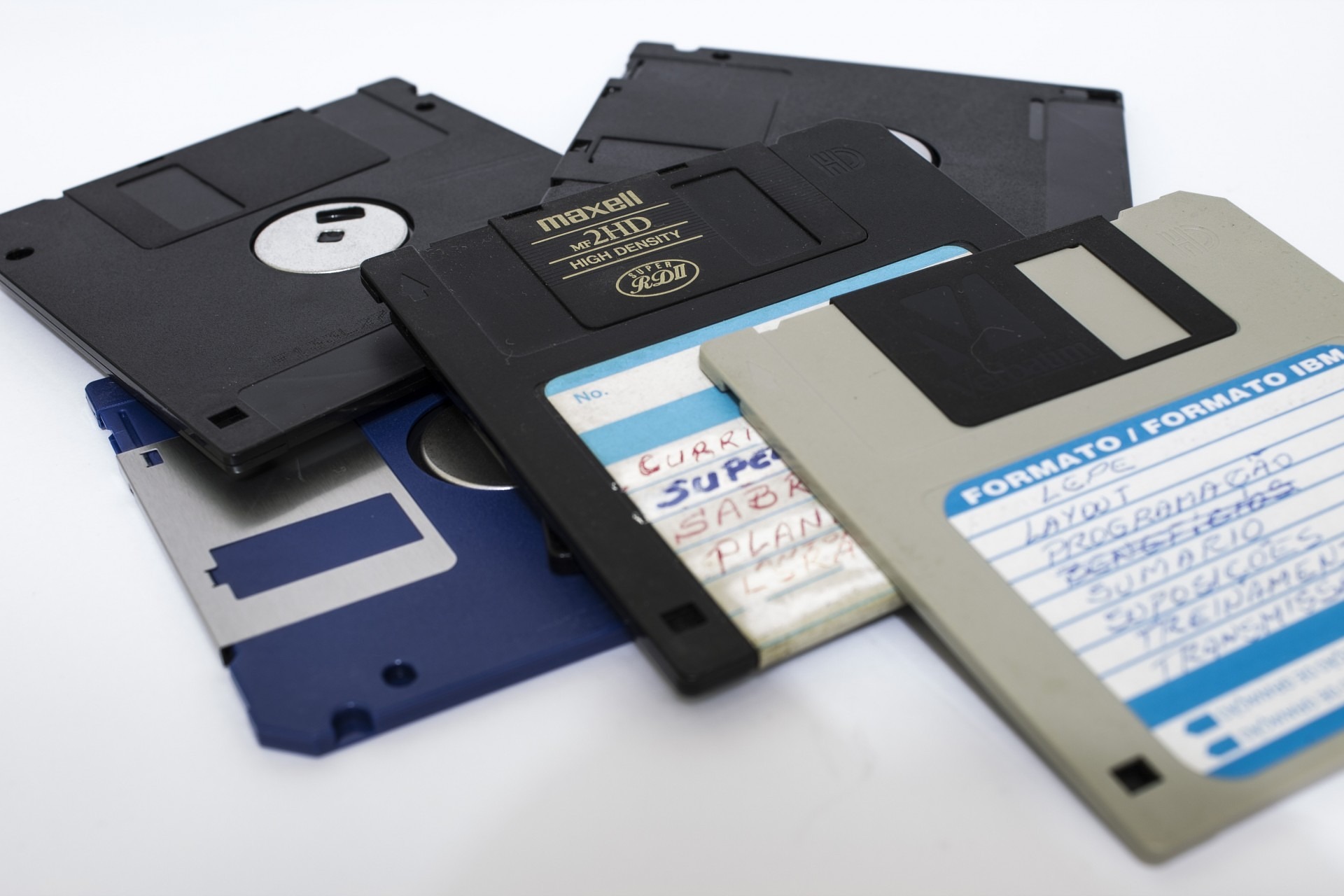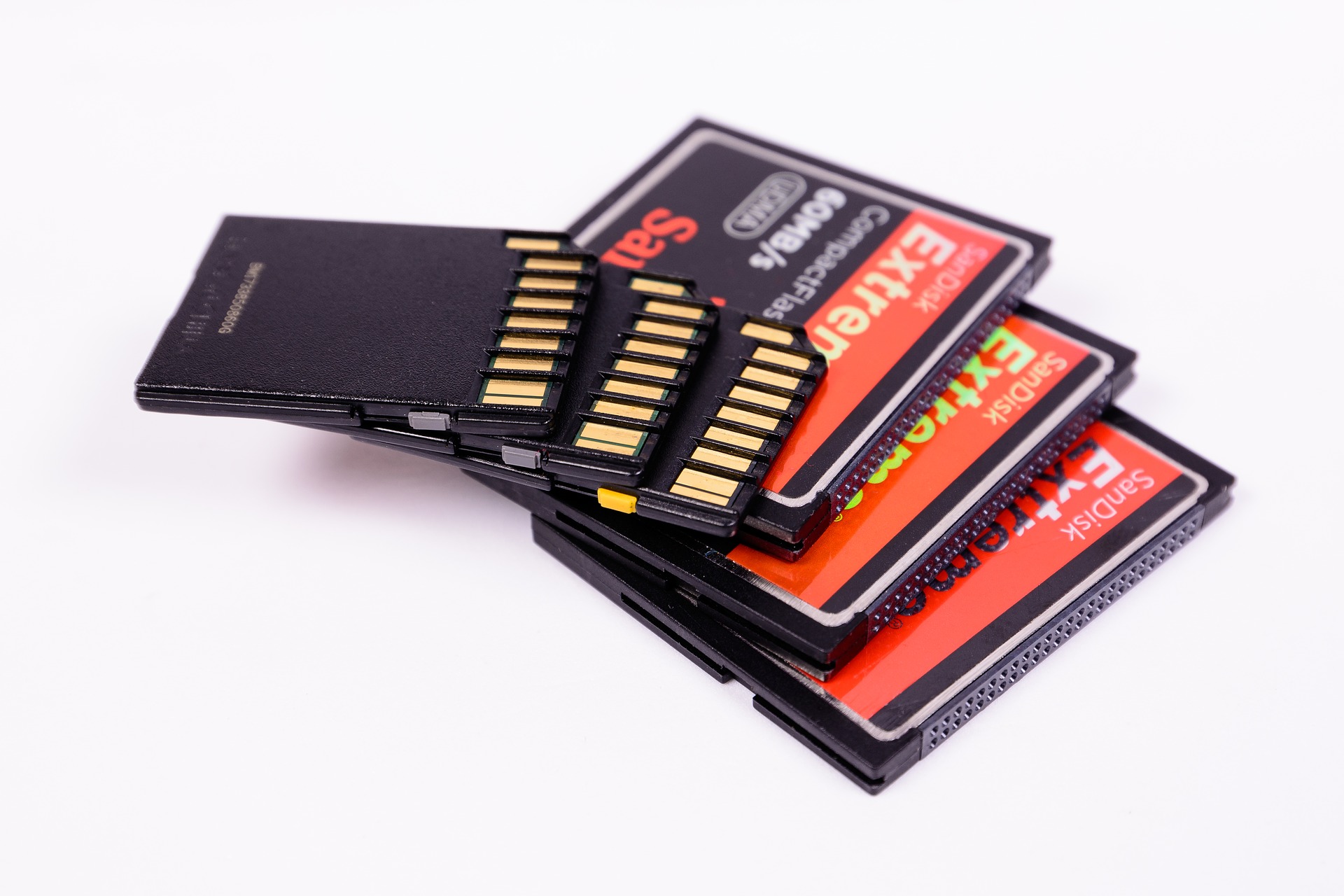
Data backup is the act of storing a copy of files or data to a separate storage location so that in the event those files are lost or damaged, they can be restored. Disaster recovery is the act of restoring those files and data. Although each is a different business continuity and IT security solution, many companies are combining data backup and disaster recovery into one comprehensive solution for easier and faster restores.
Today, technology gains have improved our ability to recover from a server outage or natural disaster quickly. The key to limiting downtime is to design resilient networks and to create reliable recovery plans.
Data is growing. For most organizations, their data is a critical asset, and data availability is necessary for their operations to be successful.
In the past, companies used tape cartridges to back up their data. It was an acceptable method for backing up data at a point in time. Still, there were several problems with tape, including slow backup and restore times, manual off-site storage and retrieval of tapes, and at times faulty media. For businesses with a full time IT staff, managing tapes was an acceptable part of the job, but for most small companies managing tapes was problematic.
